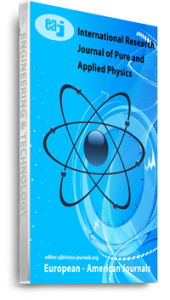Both baryonic matter (ordinary matter) and non-baryonic matter is needed to explain current observations about the universe, but dark matter candidates, such as the pion, SIMP, WIMP, axion, MACHO, Kaluza-Klein, gravitino, and any other supersymmetric particles, along with the case for composite dark matter particles, will take time to rule out, never mind the possibility multiple types of dark matter likely exist. James Bullock, a professor of physics and astronomy at UC Irvine and his colleagues have done simulations with strong interacting dark matter (SIDM) and have found them to be consistent with current observations of the universe, which often resembles similar halo profiles as cold dark matter (CDM), but solves larger than predicted elastic cross section problems, which could be the right size if dark matter is composite. This article explores composite dark matter, what it has in common with cold hydrogen and slow moving particles, including strong interactions and molecular structure, and what these atoms might resemble.
Keywords: CDM, Composite Dark Matter, Dark Matter, Hydrogen, SIDM

